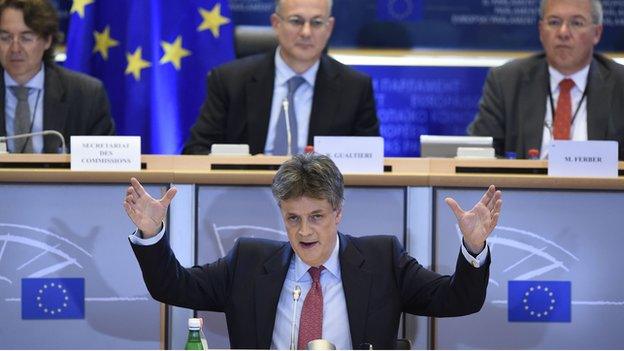Cameron insists UK will not pay £1.7bn EU bill in full
- Published
David Cameron speaking in Finland: "what was so difficult was the scale of the payment that was asked"
David Cameron has said the UK will not pay a £1.7bn budget surcharge to the EU in full as a compromise on staggering the payments was put forward.
EU finance ministers meeting in Brussels said the UK could pay the bill in instalments by September 2015 rather than as a lump sum on 1 December.
But Mr Cameron said he would not be happy without a reduction in the total bill as well as a new deadline.
There would be a "major problem" if his two conditions were not met, he said.
The demand for a one-off £1.7bn (2.1bn euros) surcharge to the UK's annual contribution to the EU has sparked anger across the political spectrum in the UK.
After a four-hour meeting of EU finance ministers, the European Commission said it would consider a Dutch proposal to allow the UK and other countries to pay the additional contributions in instalments between now and next September.
'Conditions'
But the BBC's Damian Grammaticas in Brussels said Mr Sapin did not mention any proposal to reduce the total sum.
And a statement by the European Council said that the UK wanted the deadline to be extended to December and for officials "to look at the amounts to be paid".
Speaking earlier in Helsinki, where he is attending a meeting of Nordic leaders, Mr Cameron said he was unwilling to pay "anything like" the £1.7bn demanded.
George Osborne: "I will make sure we get a better deal for Britain"
The prime minister said he would "not be content" without changes to the scale of the bill and a new deadline.
He said "if those two conditions are met, we can make progress", and said he would wait to see how Chancellor George Osborne's negotiations in Brussels fared.
Before Friday's meeting of finance ministers, Mr Osborne told journalists: "The demand that Britain should pay £1.7bn by the 1 December is unacceptable. I wanted this on the agenda. It is on the agenda. I will make sure we get a better deal for Britain."
'Precise and just'
But some of Mr Osborne's counterparts in Europe suggested it was out of the question that the UK should contribute less than the sum demanded.
Magdalena Andersson, the Swedish finance minister, said the issue was a "technical" one while Poland's Mateusz Szczurek said the rules were "precise and just"
"The budget contributions are based on gross national income and I don't really believe that should be changed," he said.
A final agreement is not expected to be reached at Friday's meeting.
The BBC's political editor Nick Robinson told BBC Radio 4's Today programme that a compromise based on phasing in interest-free payments over a given time is one that David Cameron "will not be able to sell back home".
He added that "after the stance he has taken", Mr Cameron "needs the total figure cut rather than phasing in payments.
"If he doesn't get an offer of that, or George Osborne doesn't get it face-to-face in Brussels today, there will have to be more talks to get more concessions," he added.
UKIP leader Nigel Farage said the UK was short of allies in its attempts to re-negotiate the bill. "I keep hearing the prime minister say we won't pay by the first of December," he said. "Well I expect what it really means is we'll pay on the second of December."
'Practical solution'
The surcharge follows an annual review of the economic performance of EU member states since 1995, which showed Britain had done better than previously thought.
Elements of the black economy - such as drugs and prostitution - have been included in the calculations for the first time.
Italy, Greece and Cyprus were also asked to make extra contributions, while France and Germany are set for refunds.


The row comes as the UK is seeking support for its campaign to change the way the EU operates and for more powers to be returned from Brussels to member states.
David Cameron has promised to renegotiate the UK's membership and hold a public vote on the UK's future in the EU in 2017 if he stays in power after next year's election.
European Commission spokesman Jakub Adamowicz said the £1.7bn sum was "not coming out of nowhere" and was based on "a very specific observation of the regulations".
He added that "the proportion between what the UK pays in and what it receives and how it benefits is actually a very, very positive one", and said the UK "should not lose sight of this global perspective" during the current debate.
Former Conservative chancellor Ken Clarke told BBC Radio 4's Today that although it was "quite reasonable" not to pay a lump sum of £1.7bn by the 1 December, the UK did not default on its debts and a compromise will "depend on how good our case is".
He expressed confidence that Mr Osborne would negotiate a solution after there has been "a look at how the £1.7bn figure was arrived at".
- Published7 November 2014
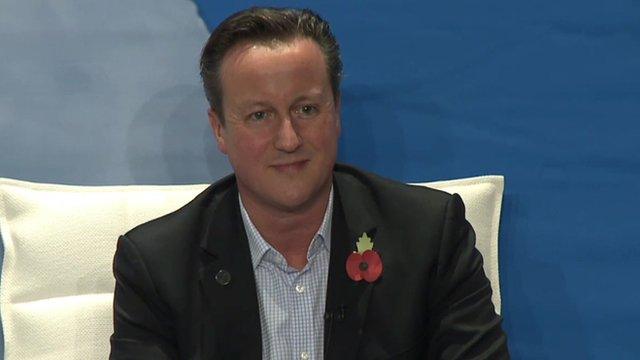
- Published7 November 2014
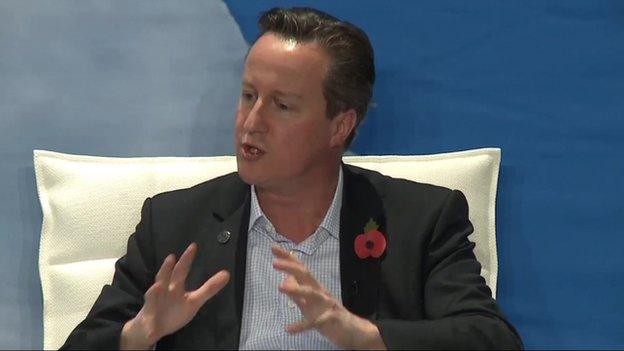
- Published6 November 2014
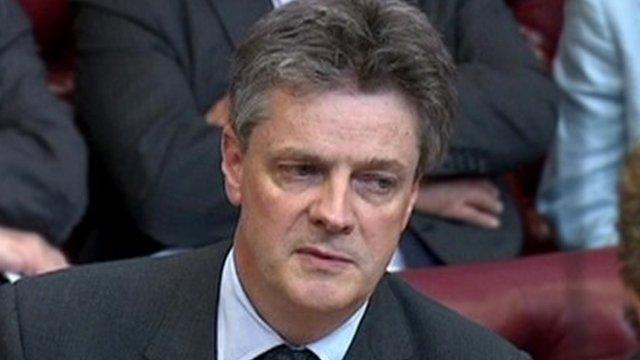
- Published4 November 2014
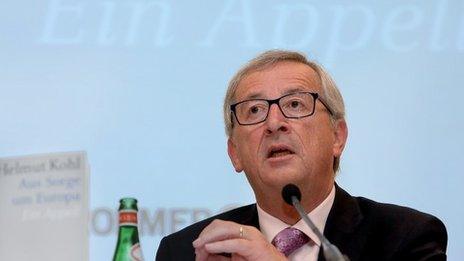
- Published3 November 2014
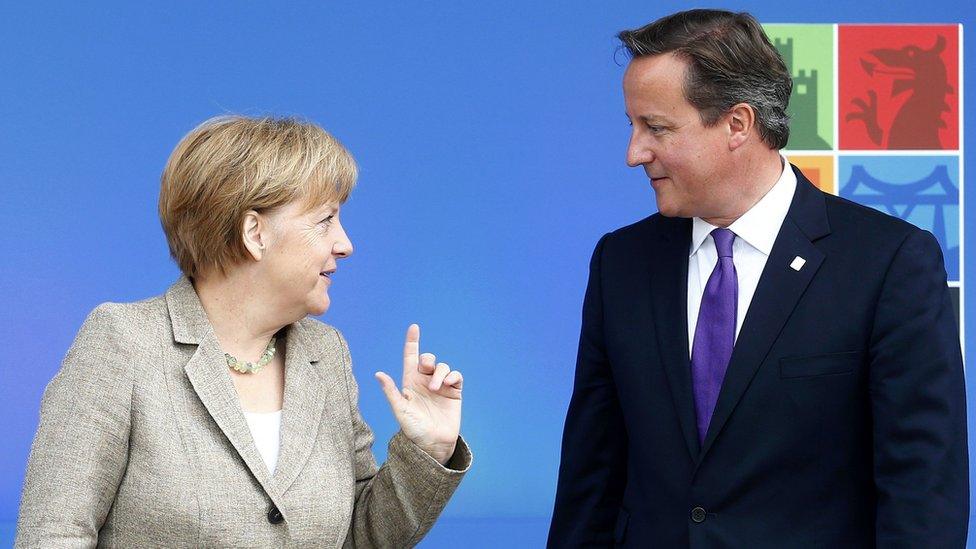
- Published29 October 2014
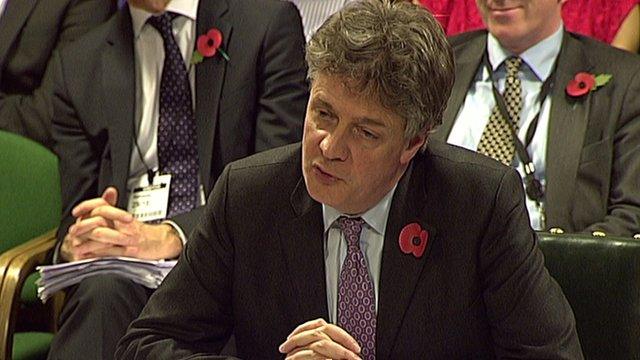
- Published8 October 2014
